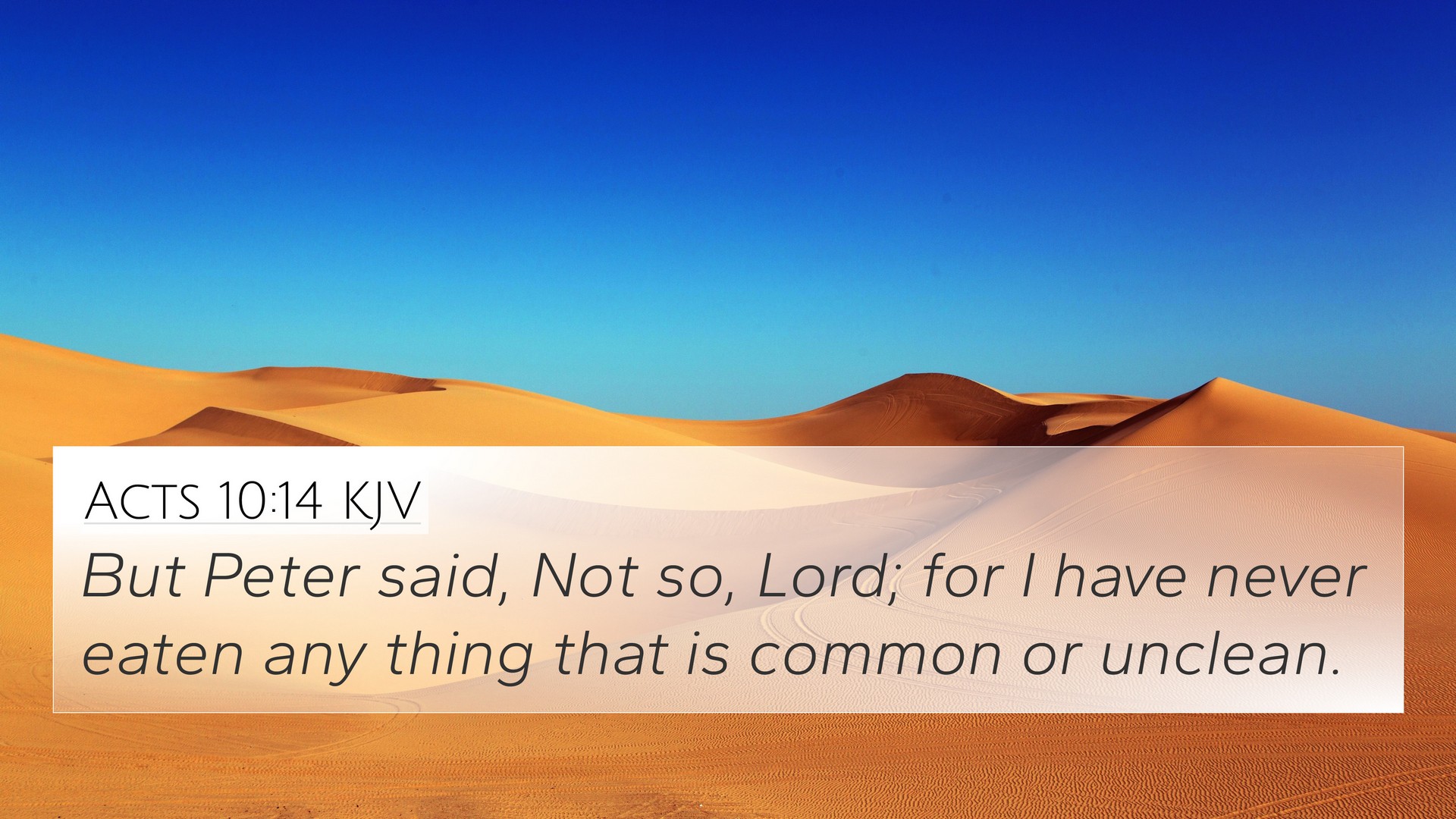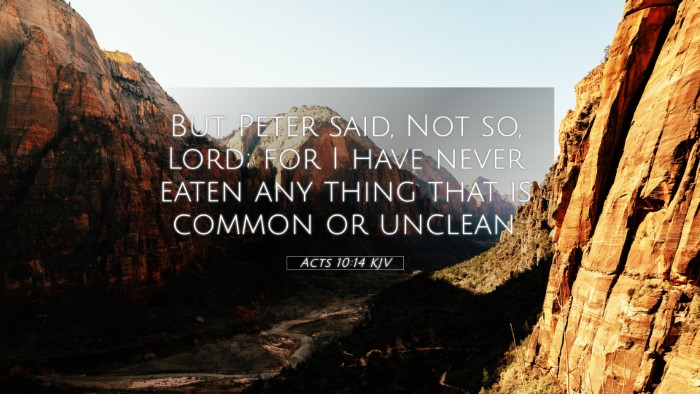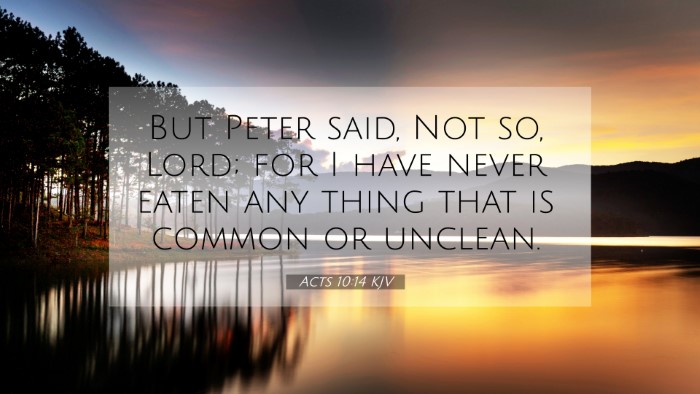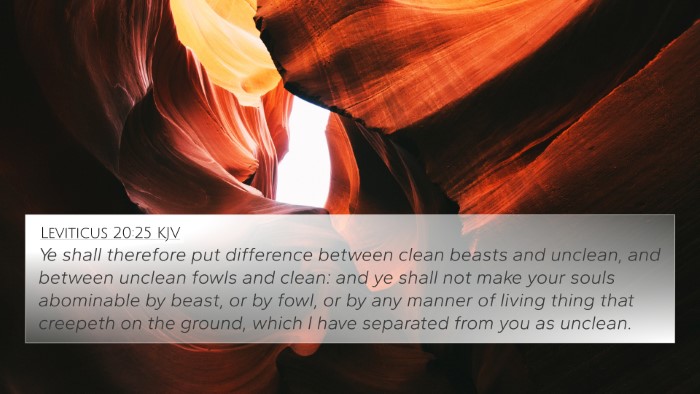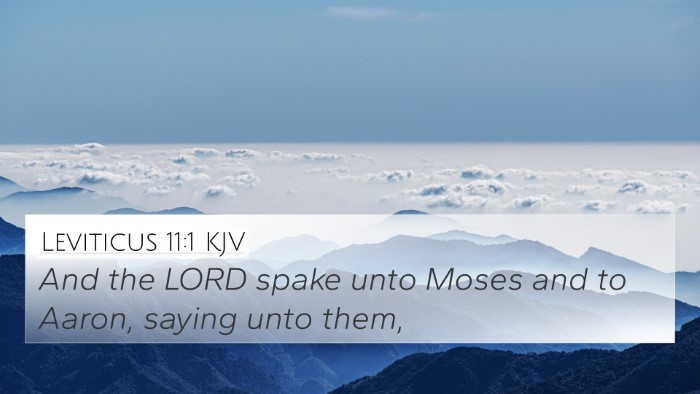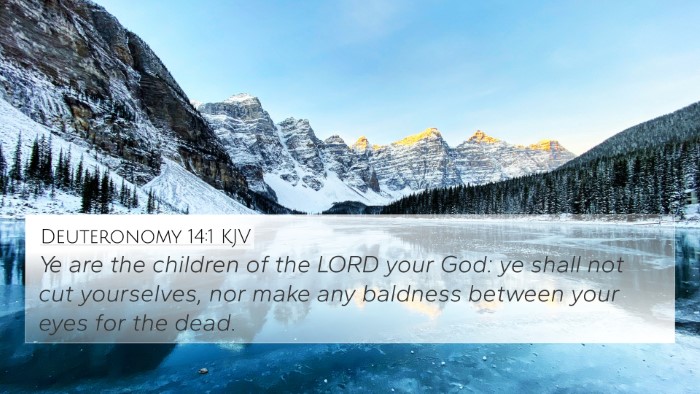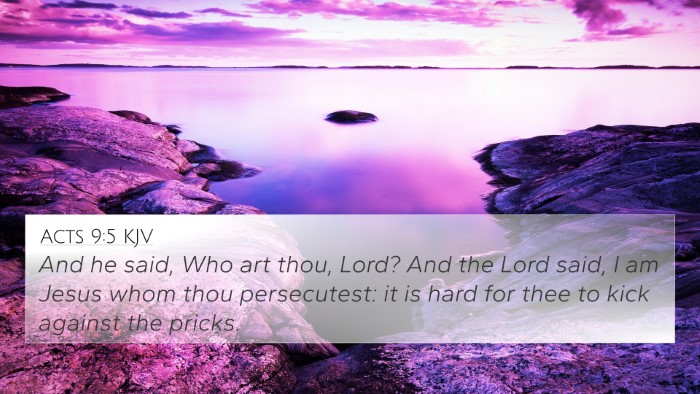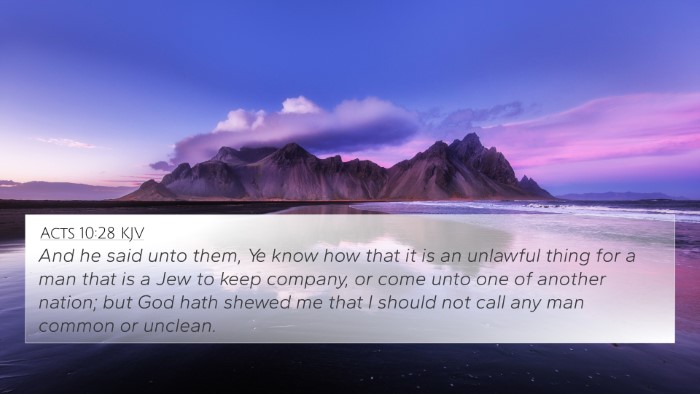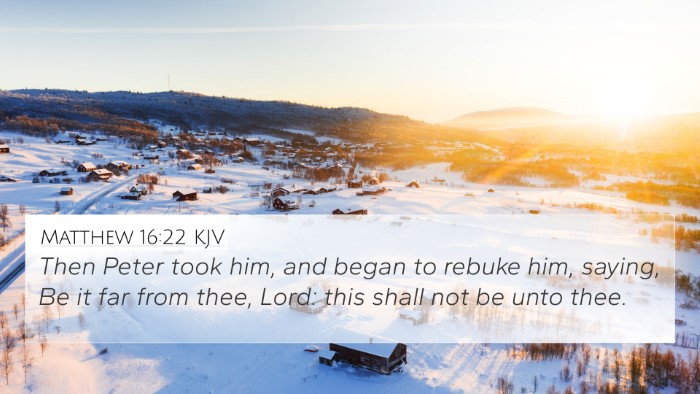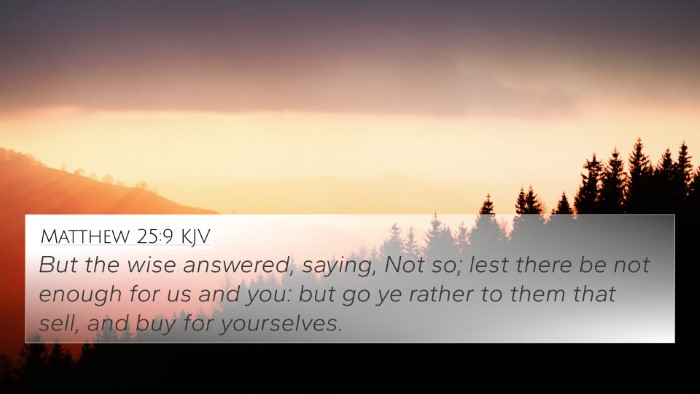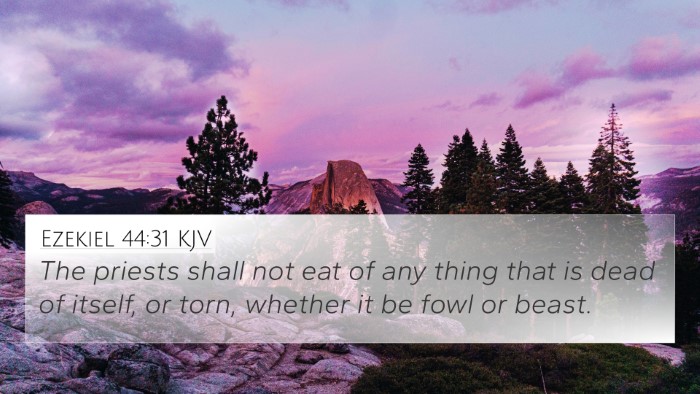Understanding Acts 10:14
Acts 10:14 is a significant verse in the New Testament, which captures an essential moment in the early Church. The verse states: "But Peter said, Not so, Lord; for I have never eaten any thing that is common or unclean." This moment reflects Peter's struggle with the sudden revelation that challenges his adherence to Jewish dietary laws.
Context and Importance
The context of this verse is found in the larger narrative of Acts 10, where Peter receives a vision from God that challenges his understanding of purity and inclusion. This angelic vision is pivotal, as it sets the stage for the inclusion of Gentiles into the Christian community.
Commentary Insights
The following insights from public domain commentaries help us to better understand the meaning of Acts 10:14:
- Matthew Henry: Emphasizes that Peter’s reaction demonstrates the deep-rooted traditions that defined Jewish identity and that God's revelation seeks to break down barriers of race and religion.
- Albert Barnes: Points out that Peter's declaration of never having eaten anything unclean illustrates the commitment to Mosaic law and his internal struggle with the divine command that contradicts these laws.
- Adam Clarke: Notes that Peter’s use of "Not so, Lord" conveys a sense of confusion and respect to God; it highlights the tension between divine authority and personal conviction.
Thematic Connections to Other Bible Verses
This verse has profound implications and thematic connections to several other scriptures. Here are some key cross-references:
- Leviticus 11:1-47 - Details the dietary laws that Peter is adhering to.
- Matthew 15:11 - Jesus teaches about the true defilement of man, moving beyond dietary laws.
- Galatians 2:11-14 - Paul confronts Peter for his hypocrisy regarding the Gentiles, showing the ongoing conflict in the early Church.
- Romans 14:14 - Paul discusses how nothing is unclean in itself, aligning with the message Peter receives.
- Acts 11:3 - Highlights Peter’s prior reluctance to associate with Gentiles, illustrating the transformation in his views.
- 1 Timothy 4:4-5 - Paul indicates that all food is created by God and should be received with thanksgiving.
- Revelation 21:27 - Discusses the inclusion of all nations into the kingdom, fulfilling the vision Peter received.
Importance of Cross-Referencing in Bible Study
Understanding Acts 10:14 can be enhanced through cross-referencing. Here are some tools for Bible cross-referencing that can deepen the study:
- Bible Concordance: A helpful resource for finding related scriptures by themes.
- Bible Cross-Reference Guide: Systems that enable readers to see connections between verses easily.
- Cross-Reference Bible Study: Methods that involve examining related passages for a comprehensive understanding.
- Identifying Connections: Techniques for connecting the teachings of the Old and New Testaments.
Conclusion
Acts 10:14 is a powerful verse that not only portrays Peter’s internal conflict but also represents a transformative moment in Christian history. As believers study this verse and its connections, they gain insight into the broader narrative of the Gospel's reach beyond cultural and religious boundaries. Embracing the connections through cross-referencing leads to a deeper understanding of Scripture, fostering an inclusive view of God's plan for humanity.
